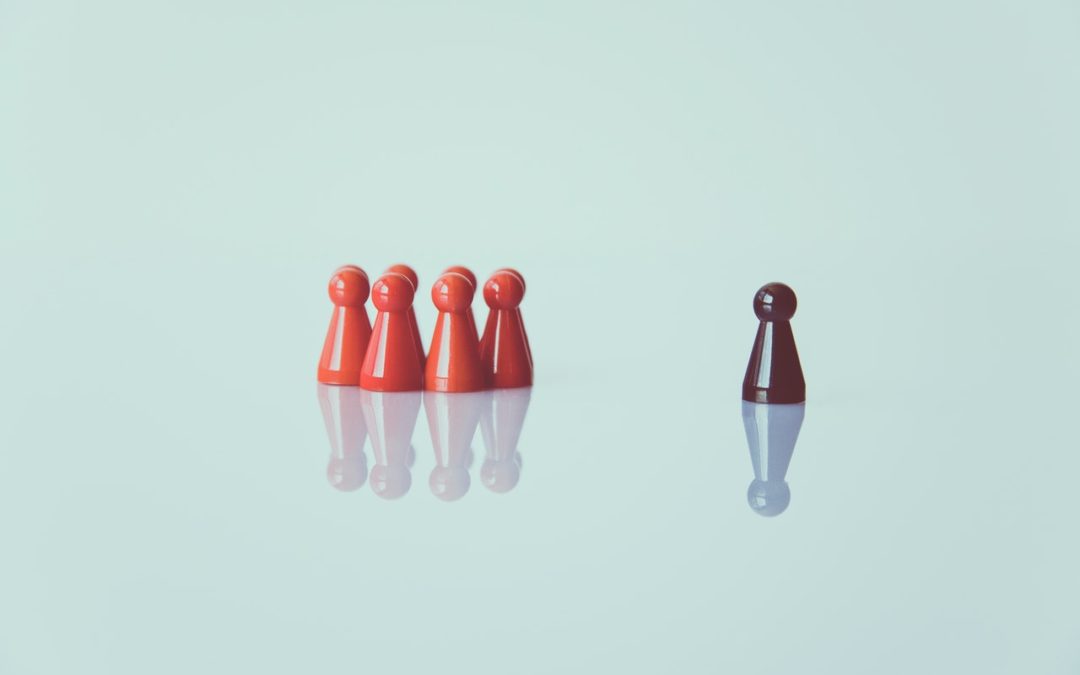Have you ever found yourself in a situation where the little voice in your head screams “I don’t need anyone” or “I can go it alone?” It’s actually a pretty common belief system for people who are high achievers. Why is that? High achievers develop this behavior early on in their family of origin.
While the word “perfectionism” doesn’t always resonate, “high achievement” is often a path to be seen, recognized, and heard. For others, it’s a way of controlling something you can control when there are so many other aspects of your life you can’t control. When self esteem is very low, people often feel that they need to prove to themselves they are good enough, worthy, and belong. The belief I can go it alone, comes from a place of avoiding rejection. In other words, if you don’t allow yourself to be vulnerable, then you don’t have to experience the pain of rejection when others don’t meet your needs. Regardless of where this belief initiated, it’s most likely a defense mechanism that’s been with you a long time.
So if you’re saying, why is this a bad thing? It might not be. In fact many high achievers are very successful, and find themselves in powerful careers. Yet for many, delegating tasks to others is difficult, because let’s face it, “nobody can or will do it as well as you.” So in effort to ensure things are done right, you might take on so much more than necessary. Yet there is a downside to this behavior. When you believe that your standard is the only way of doing things, you often form judgment toward others. You also might get resentful and angry that others aren’t pulling their part of the weight. This often leads to disconnection in relationships with the people you love most.
Most of my clients find their way to me when something goes wrong in their social, occupational, or intimate relationships. They might not even understand how things got so out of whack, but once we start mapping out some of these negative beliefs, it’s so much clearer how these pathways started shaping their perception of themselves and others around them. Once we are able to connect the touchstone event to this pathway we can desensitize the belief system and trade it for a new belief system that is much more adaptive and functional.

